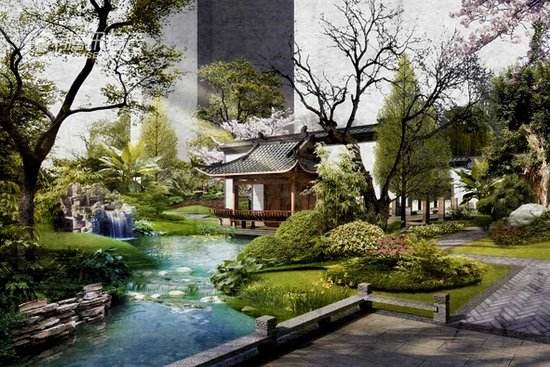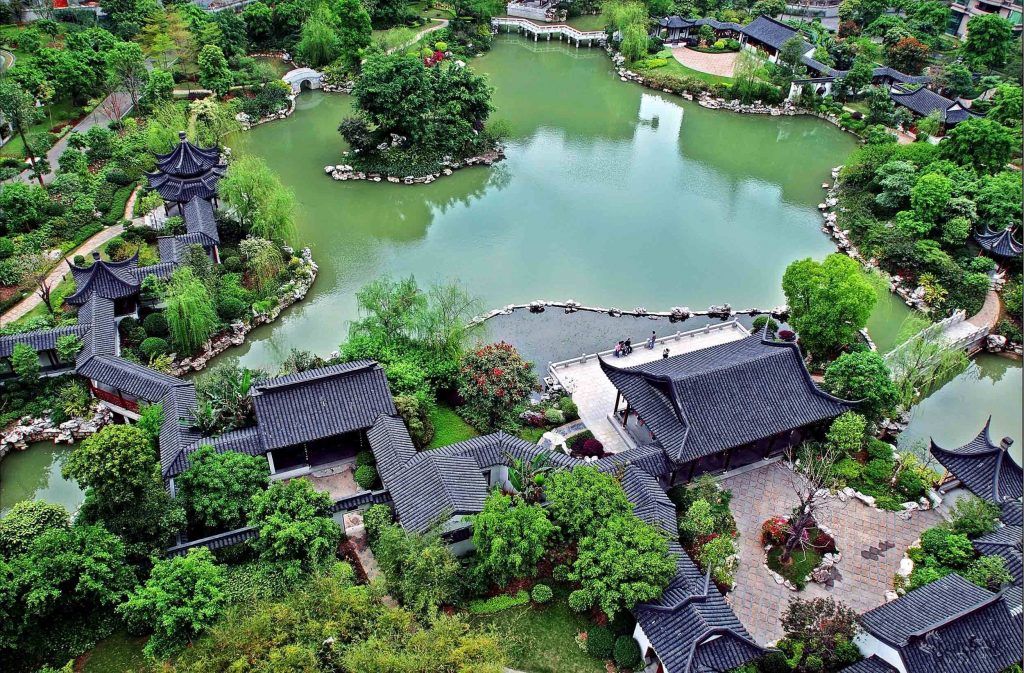THE CONNOTATION OF CHINESE GARDENS
2 min readTraditional Chinese thought places humans as a small part of the infinite universe.
Each living creature is part of nature and the intrinsic link between humans and nature can’t be broken. Chinese gardens are an effort to imitate nature in the home, to conform to nature without breaking this fundamental connection. Each part of the garden is meant to highlight and remind visitors of the harmony between humans and nature, with the goal of breeding harmony between character and emotion.

Imperial gardens symbolized the supreme power of emperors, but were also places of recreation. Private gardens were places of relaxation and contemplation, a sanctuary to satisfy people’s longing for nature. Regardless of geographic location or scale, Chines gardens represent a tradition of finding harmony within the world by turning to nature.
Chinese New Year
The most important Chinese holiday is Chinese Ne Year, which is known in China as Spring Festival (chin jfe ) The festival ushers in the lunar New Year and is the West’s Christmas and New Year’s Eve rolled into one. From sunup to sundown, this is a time when the whole country throws itself into celebrating and eating.

No one is quite sure exactly when or where the festival originated. Legend has it that once upon a time, there was a monster called Nian (nian that attacked Chinese villages every spring, eating anything that came its way -people,turnearrived. The monstr was so startled by chsight colors and loud crackling noise of the burning bamboo that it turned and fled. Today the word ” nian”is the Chinese word for year. Since that day, Chinese people hang red paper signs and lanterns outside their homes and enjoy making loud noises on New Year’ s Eve. Firecrackers replaced bamboo after gunpowder was invented and the main idea today is the louder and bigger, the better.

.In the days leading up to the Spring Festival, every household gets a thorough cleaning. Since sweeping on New Year’s it might sweep away the year’s good fortune. Breaking dishes or using sharp objects is also seen as potentially unlucky.e holiday is a time for family celebration and nearly every university student or mi grant worker heads home It’1 holiday to do some traveling.

On New Year’s Eve, once the family has been gathered, food becomes a central consideration. Large numbers of delicacies are prepared and fish is often eaten as the Chinese word for fish(yu鱼) is homophone for surplusyu nart he ntin if Children particularly enjoy the custom of receiving red envelopes (hongbao). The envelopes contain gifts of money and are distributed by family elders to young unmarried relatives.








